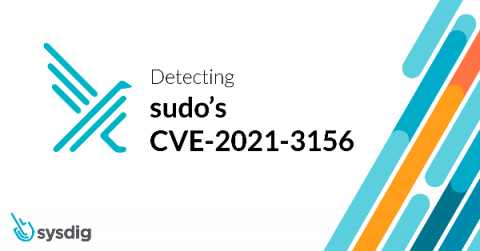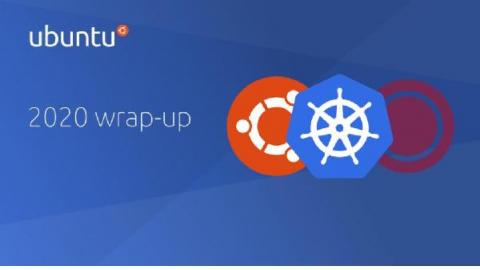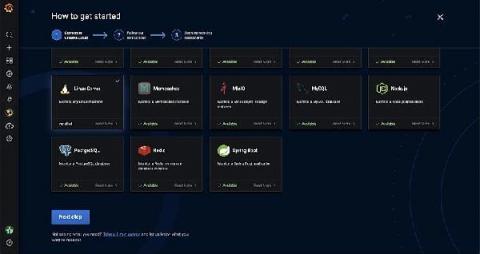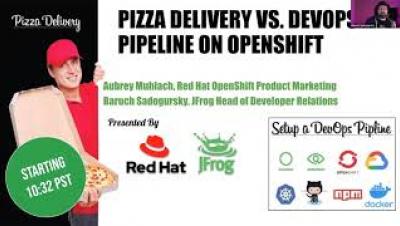Ubuntu Core 20 secures Linux for IoT
2nd February 2021: Canonical’s Ubuntu Core 20, a minimal, containerised version of Ubuntu 20.04 LTS for IoT devices and embedded systems, is now generally available. This major version bolsters device security with secure boot, full disk encryption, and secure device recovery. Ubuntu Core builds on the Ubuntu application ecosystem to create ultra-secure smart things. “Every connected device needs guaranteed platform security and an app store” said Mark Shuttleworth.











